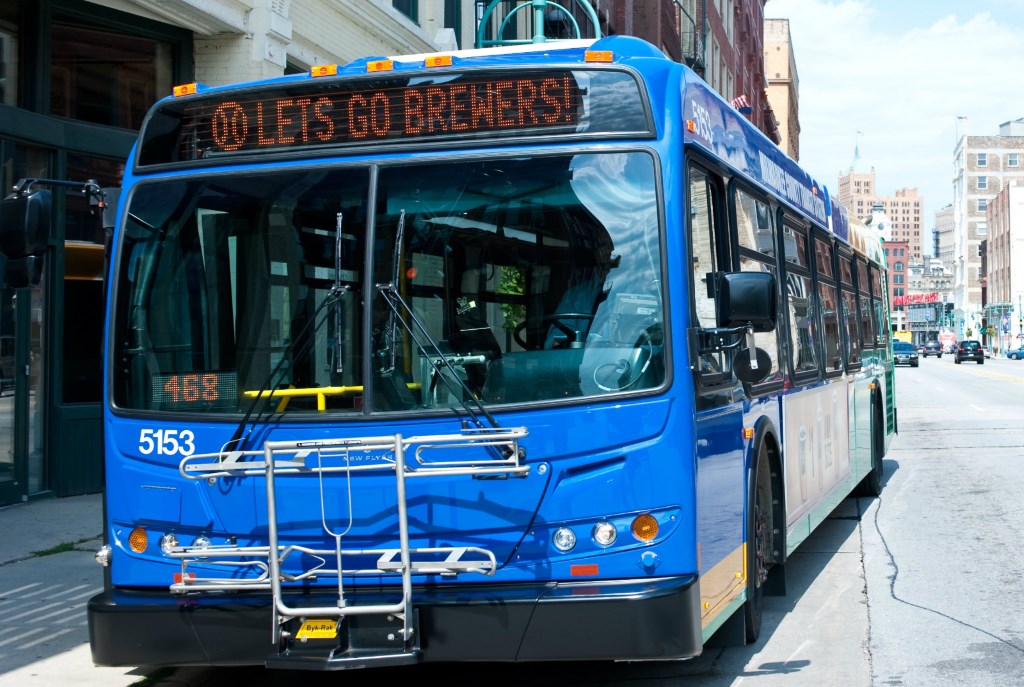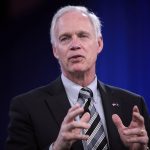Regional Transportation Solutions Needed
Current system not working for a growing number of citizens.
We’re happy to see that Milwaukee Inner City Congregations Allied for Hope, (MICAH), Black Health Coalition of Wisconsin and the ACLU of Wisconsin were able to save at least part of the JobLines, two Milwaukee County Transit System busses that run from Milwaukee’s central city out to the industrial parks of Menominee Falls and New Berlin. Funding for the JobLines was scheduled to end on December 31. MCTS Route 61 will now be reconfigured and run from Milwaukee’s central city into Menominee Falls for an extra nine months, thanks to a last-minute budget amendment included in the Milwaukee County Budget that was recently adopted.
Milwaukee County is doing Waukesha County employers a favor by providing this service: we hope that the Waukesha County Board of Supervisors will work diligently with Milwaukee County Board members to find permanent funding for the JobLines.
Further, we want to see a solution beyond this one bus line. If Waukesha County has work, and Milwaukee County has workers, perhaps there should be broad regional transportation cooperation. Waukesha County’s need for workers isn’t going away soon. An aging population demands broad transportation options. And young people tend not to want to own an automobile.
By coordinating routes, schedules, and services across city and county lines, RTAs ensure that resources can be used more efficiently to help people get where they need to go. Beyond just public transit, RTAs take a comprehensive look at multi-modal transportation, including walking, biking, and driving infrastructure.
We collaborated on a new report, Arrive Together, showing that Wisconsin’s transportation system is not working for a growing number of people around the state. Decades long expansion of the state’s road and highway network, combined with policies that promote urban sprawl, has produced a transportation system that leaves Wisconsinites who aren’t able to drive or who can’t afford to drive, cut off from the places that matter. The report includes challenges and opportunities for transportation in both Milwaukee and Waukesha Counties.
If Milwaukee County, with all of its challenges, is able to find money to make sure workers can get into Waukesha County for good jobs, we’d like to see that Waukesha County could make a serious effort to do the same and that the two counties work together to create a modern, robust, comprehensive transportation system that serves everyone.
By Rev. Marilyn Miller, President, MICAH (Milwaukee Inner City Congregations Allied for Hope) and Rev. David Kraemer, President, SOPHIA, (Stewards of Prophetic, Hopeful, Intentional Action) Waukesha County.
Op-Ed
-
Wisconsin Candidates Decry Money in Politics, Plan to Raise Tons of It
 Dec 15th, 2025 by Ruth Conniff
Dec 15th, 2025 by Ruth Conniff
-
Trump Left Contraceptives to Rot; Women Pay the Price
 Dec 8th, 2025 by Dr. Shefaali Sharma
Dec 8th, 2025 by Dr. Shefaali Sharma
-
Why the Common Council’s Amended Budget is Good Policy for Milwaukee
 Nov 20th, 2025 by Alds. Marina Dimitrijevic and Russell W. Stamper, II
Nov 20th, 2025 by Alds. Marina Dimitrijevic and Russell W. Stamper, II
Transportation
-
Congestion Pricing Cuts Air Pollution in New York City
 Dec 14th, 2025 by Jeff Wood
Dec 14th, 2025 by Jeff Wood
-
FTA Tells Milwaukee to Crack Down on Fare Evasion — Even Where Fares Don’t Exist
 Dec 12th, 2025 by Graham Kilmer
Dec 12th, 2025 by Graham Kilmer
-
Will GOGO’s Bus Service Ever Get Going?
 Dec 9th, 2025 by Jeramey Jannene
Dec 9th, 2025 by Jeramey Jannene





















